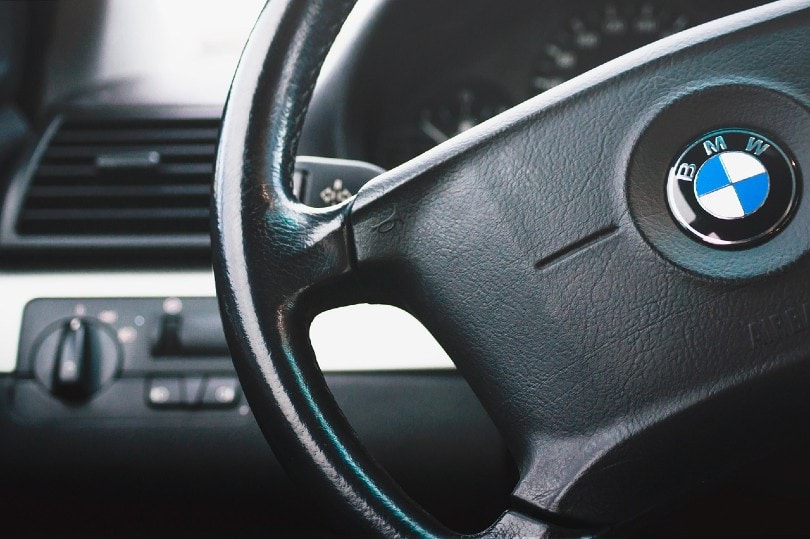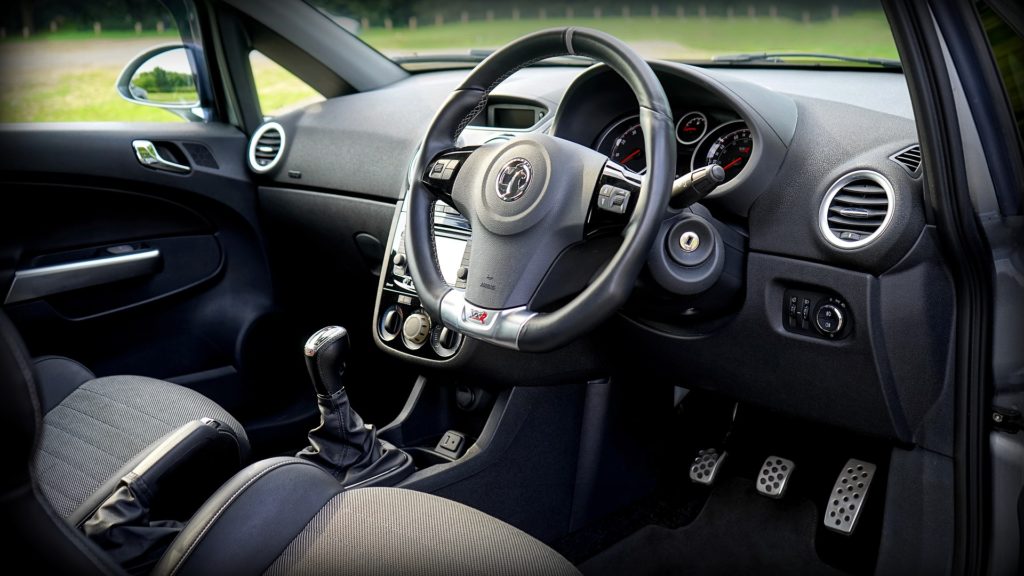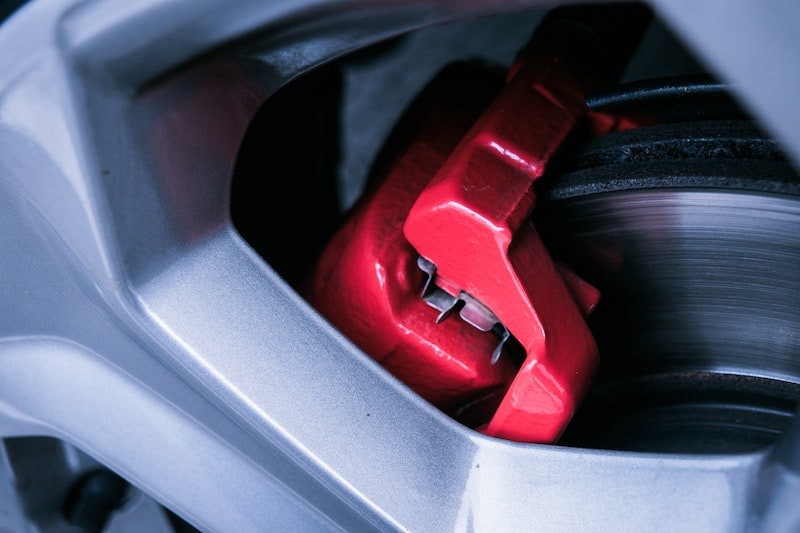My Car Shakes When Braking: 6 Common Problems & Solutions
-
Ed Malaker
- Last updated:

Having a car shake when you apply the brakes can be a scary feeling, and it can leave you concerned about your safety and your car’s need for a mechanic. Many people may be wondering why their car is shaking when braking, and the short answer is that it can be any of several things, from a warped rotor to unbalanced tires, so you will likely need to have it looked at by a qualified technician. However, keep reading as we look at the different causes, which might help you narrow it down.
Why a Car Shakes When Braking (6 Reasons)
1. Wheel Balance

One of the most common causes of shaking when applying the brakes, especially at speeds above 50 miles per hour, is unbalanced wheels. Tires naturally become unbalanced over time, and your mechanic will make up for this by moving around small weights attached to the rim of each tire. It’s easy for these weights to move, especially if you don’t have a hubcap and accidentally bump a curb or travel on dirt roads where rocks can fly up and bump them. At high speeds, the imbalance can cause the tire to wiggle slightly, and when you apply the brakes, the vibration transmits through the vehicle, causing it to shake.
How Do I Fix It?
A wheel balance is typically an easy fix. A mechanic can usually complete it in a few minutes by removing a tire and putting it on a balancing machine to find the proper position of the weights.
2. Wheel Alignment
An issue that can cause your car to shake when applying the brakes is wheel alignment. If your tires are not aligned correctly, you will notice the car pulling in one direction or another, especially at high speeds. When you apply the brakes, it can create an imbalance in the braking system that can result in the shaking of the vehicle.
How Do I Fix It?
Wheel alignment is an easy-to-fix issue that your mechanic can complete in a short time using a special tool, and it shouldn’t be too expensive.
3. Brake Rotors

Warped and worn brake rotors can cause the car to shake, as the uneven surface will cause a vibration in the brake pads that you can feel in your foot when applying the brakes. Rotors can wear down over time, especially if you travel over large hills or frequently allow your brakes to wear down too far before getting them changed.
How Do I Fix It?
You will need to replace any damaged rotors to stop the shaking. It’s a relatively easy job that most mechanics can complete in a few minutes. It’s even DIY-friendly if you are someone who likes to change your brake pads. The rotor slides off once you remove the caliper, and you won’t need to remove any additional nuts or bolts. A new one can be slid in place, and you can reattach the caliper.
4. Sticking Caliper

A sticking caliper can also cause the car to shake, and the sticking will occur after you apply the brake. The brake caliper squeezes the brake pads against the rotor to stop the car, and if it sticks, those pads will continue to try to stop the car even when you let go of the brake. Since the caliper on the other side is not sticking, it can cause the vehicle to pull strongly in one direction and start to shake. You will also notice the smell of bricks as the pads heat up and begin to melt down.
How Do I Fix It?
You will need to stop driving immediately and have your car towed to the nearest mechanic. You will likely need a new caliper, which is a big job, and it may take a day or more to get repaired.
5. Brake Pads

The calipers press the brake pads against the rotors to stop the car, and if there are contaminants like dirt or oil on the pads, it can cause an uneven braking system that might result in shaking. Extreme wear can also result in shaking, and a high-pitched squeal usually accompanies it, which worsens over time.
How Do I Fix It?
Replacing brake pads is extremely common, and almost every vehicle will go through several pairs of brake pads in its lifetime. Your mechanic can usually change them in an hour or two, and it can be a DIY-friendly project.
6. Worn Suspension
The suspension is a complicated system containing many components, the ball joints, wheel bearings, tie rods, etc. As these components wear out, they can cause unusual vibrations that are magnified when you apply the brakes and shift the weight of your vehicle.
How Do I Fix It?
While some home mechanics can fix these components, most people take their cars to a licensed technician. Most of these components require special tools and the car being off the ground. While not extremely expensive, repairs can take more than a day as parts need ordering. The labor is also more intensive than changing brake pads, for example, so many shops will schedule the work to take place when they can complete it in one attempt.
Summary
We highly recommend taking your vehicle to a qualified auto mechanic or contacting your dealer as soon as possible if you notice that it’s not functioning properly, which includes any shaking that you experience. However, you can use this list to help you guess what the problem is. If the shaking occurs primarily at high speeds, it likely has to do with your wheel balance or wheel alignment. If you feel commotion in your foot while applying the brakes and experience shaking, the problem likely is with your brake pads or rotors. Anything else is probably related to your suspension.
Featured Image Credit: Pexels, Pixabay
Contents
